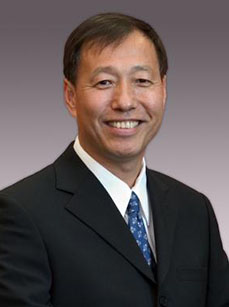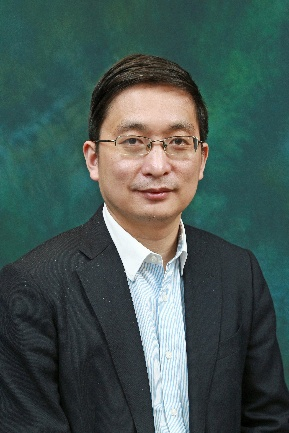CACRE 2026 Speakers
Prof. Frank Park |
Biography: Prof. Frank Chongwoo Park received his BS in Electrical Engineering from the Massachusetts Institute of Technology in 1985, followed by his PhD in Applied Mathematics from Harvard University in 1991. From 1991 to 1995, he was an Assistant Professor of Mechanical and Aerospace Engineering at the University of California at Irvine. Since 1995 he has been the Professor of Mechanical and Aerospace Engineering at Seoul National University. Prof. Park's research interests are in robot mechanics, planning and control, vision and image processing, and related areas of applied mathematics. He has been an IEEE Robotics and Automation Society Distinguished Lecturer, and received best paper awards for his work on visual tracking and parallel robot design. Having served on the editorial boards of the Springer Handbook of Robotics, Springer Tracts in Advanced Robotics (STAR), Robotica, and the ASME Journal of Mechanisms and Robotics, Prof. Park has also held adjunct faculty positions at the NYU Courant Institute and the Interactive Computing Department at the Georgia Institute of Technology. He is a Fellow of the IEEE, the current editor-in-chief of the IEEE Transactions on Robotics, the developer of the EDX course Robot Mechanics and Control I, II. He is also a co-author of the book, "Modern Robotics: Mechanics, Planning and Control" published in 2017.
|
Prof. Ruxu Du |
Biography: Prof. Ruxu Du was born in China in 1955. He received his Master’s degree from the South China University of Technology in 1983 and his Ph.D. degree from the University of Michigan in 1989. He has taught in the University of Windsor, in Windsor, Ontario, Canada (1991⎯1999), the University of Miami, in Coral Gables, Florida. USA (1999⎯2001), the Chinese University of Hong Kong in Hong Kong SAR (2001⎯2018), and the South China University of Technology (2018⎯2021). Prof. Du is the founding director of the Guangzhou Chinese Academy of Sciences Institute of Advanced Technology (2011⎯2016), the founding dean of S. M. Wu School of Intelligent Engineering, South China University of Technology, as well as the founding director of the Institute of Precision Engineering in the Chinese University of Hong Kong. Prof. Du’s areas of research include AI applications in medicine, precision engineering, design and manufacturing (metal forming, machining, plastic injection molding and etc.), as well as robotics and automation. He has published over 500 papers in various academic journals and international conferences. He is the associate editor / the members of editorial board of six international journals.
|
Prof. Yang Chai |
Keynote Lecture:Bioinspired in-sensor Computing for Artificial Vision Abstract: The demand for accurate perception of the physical world leads to a dramatic increase in sensory nodes. However, the transmission of massive and unstructured sensory data from sensors to computing units poses great challenges in terms of power‐efficiency, transmission bandwidth, data storage, time latency, and security. To efficiently process massive sensory data, it is crucial to achieve data compression and structuring at the sensory terminals. In‐sensor computing integrates perception, memory, and processing functions within sensors, enabling sensory terminals to perform data compression and data structuring. In this talk, I will describe our team’s efforts towards bioinspired in-sensor computing for artificial vision. I will talk about the framework of the in-sensor computing and demonstrate a few vision sensors for different scenarios, including visual adaptation, motion perception, as well as event-driven vision sensors for spiking neural network. Biography: Prof. Yang Chai is the Chair Professor of Semiconductor Physics of the Hong Kong Polytechnic University. He is an IEEE Distinguished Lecturer, an IEEE Fellow, an Optica Fellow, IOP Fellow, and AAIA Fellow. He is the Director of Research Institute for Artificial Intelligence of Things, the Director of Joint Research Center of Microelectronics, and the Associate Dean of Faculty of Science (Research) at the Hong Kong Polytechnic University. He is also the Chair of Semiconductor Nanotechnology Alliance, the Vice President of the Physical Society of Hong Kong, and an Associate Editor of ACS Nano. His current research interest mainly focuses on emerging electronic devices. He is also He is a receipt of the Falling Walls Science Breakthroughs in Engineering and Technology for his work on “Breaking the Wall of Efficient Sensory AI Systems”, the BOCHK Science and Technology Innovation Prize, The Croucher Senior Fellowship, The Ho Leung Ho Lee (HLHL) Foundation Science and Technology Innovation Award, and NSFC Distinguished Scholar.
|
CACRE Past Speakers

Prof. Peter Corke
The Queensland University of Technology, Australia

Prof. Seth Hutchinson
Georgia Institute of Technology, USA
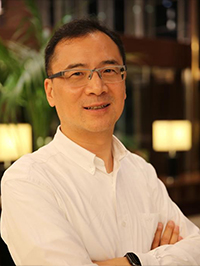
Prof. Dan Zhang
Hong Kong Polytechnic University, HKSAR, China
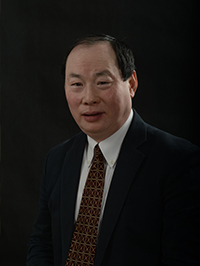
Prof. Feng Gao
Shanghai Jiaotong University, China
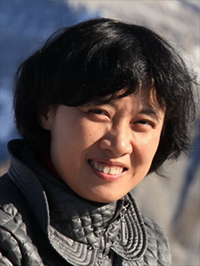
Prof. Rong Xiong
Zhejiang University, China
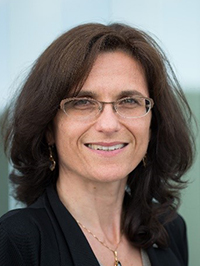
Prof. Elizabeth Croft
University of Victoria, Canada
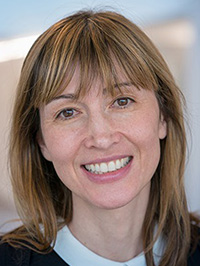
Prof. Silvia Ferrari
Cornell University, USA
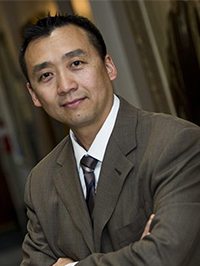
Prof. Hugh H.T. Liu
University of Toronto, Canada
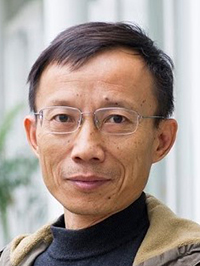
Prof. Jie Chen
The City University of Hong Kong, China
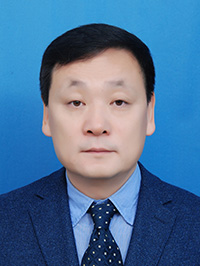
Prof. Bin Zi
Hefei University of Technology, China
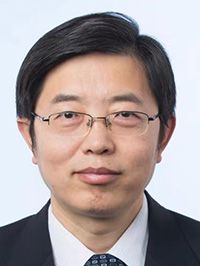
Prof. Dongbin Zhao
Chinese Academy of Sciences, China

Prof. Iain D. Couzin
University of Konstanz, Germany
-
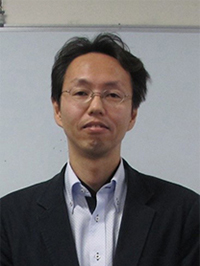
Prof. Kenji Fujimoto
Kyoto University, Japan
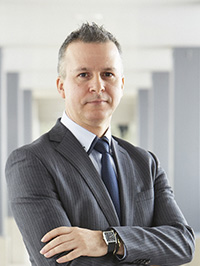
Prof. Genci Capi
Hosei University, Japan
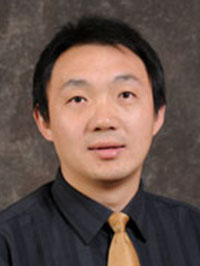
Prof. Yang Shi
University of Victoria, Canada
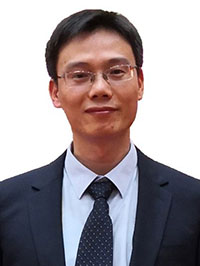
Prof. Jiancheng Yu
Shenyang Institute of Automation, Chinese Academy of Sciences, China
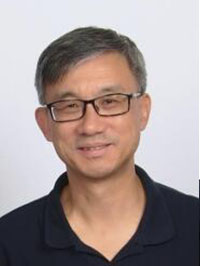
Prof. Michael Y. Wang
Hong Kong University of Science and Technology, HKSAR, China
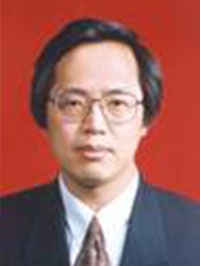
Prof. Guangren Duan
Harbin Institute of Technology, China
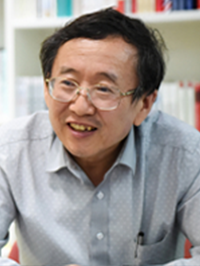
Prof. Yiming Rong
Southern University of Science and Technology of China, China

Prof. Du Ruxu
South China University of Technology, China
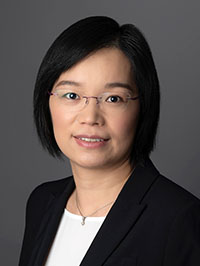
Prof. Ya-Jun Pan
Dalhousie University, Canada
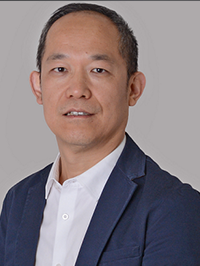
Prof. Wenqiang Zhang
Fudan University, China
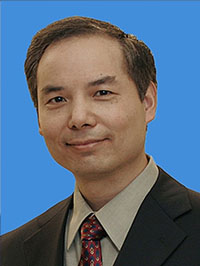
Prof. Jonathan Wu
University of Windsor, Canada
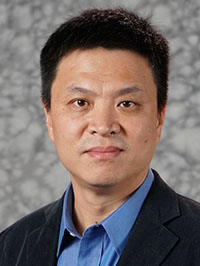
Prof. Fumin Zhang
Georgia Institute of Technology, USA
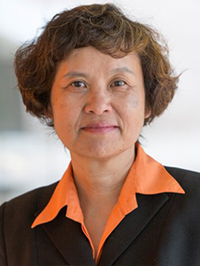
Prof. Jing Sun
University of Michigan, USA
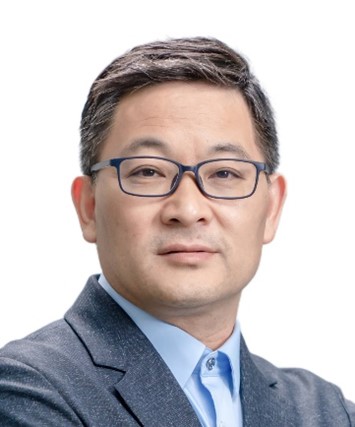
Prof. Xinjun Liu
Tsinghua University, China
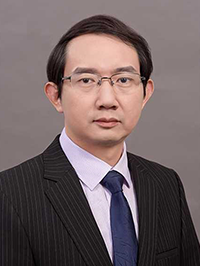
Prof. Xianbo Xiang
Huazhong University of Science and Technology, China
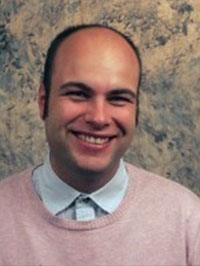
Prof. Sebastian Scherer
Carnegie Mellon
University, USA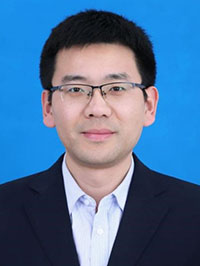
Prof. Xuechao Duan
Xidian University, China
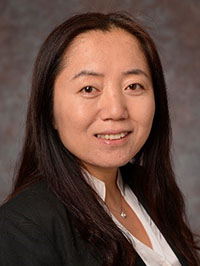
Prof. Xiaoli Bai
Rutgers,The State University of New Jersey, USA
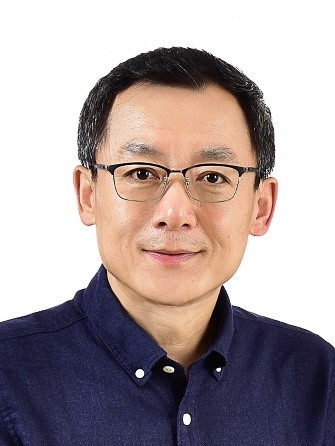
Prof. Ji-Hong Li
Korea Institute of Robotics and Technology Convergence, South Korea
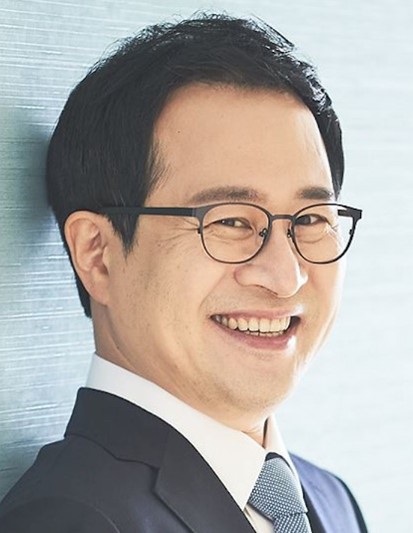
Prof. Dong Eui Chang
Korea Advanced Institute of Science & Technology, South Korea
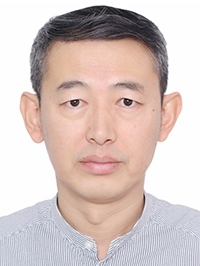
Prof. Xianping Fu
Dalian Maritime University, China
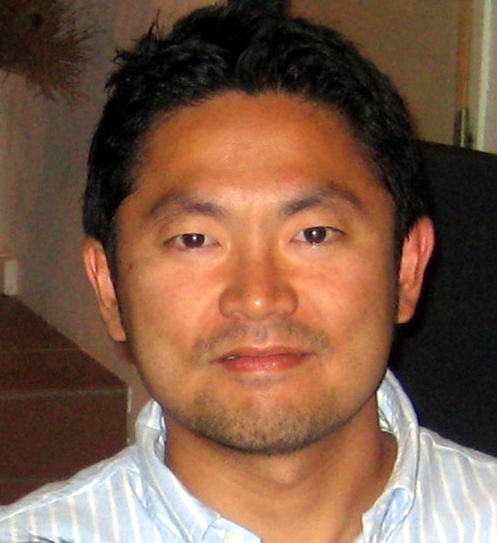
Prof. Mitsuhiro Hayashibe
Tohoku University, Japan
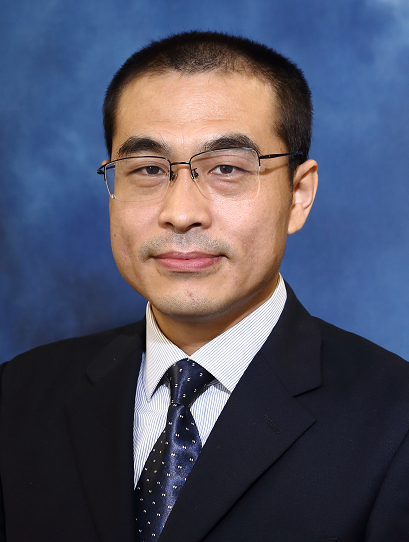
Prof. Hongliang REN
The Chinese University of Hong Kong (CUHK), Hong Kong, China
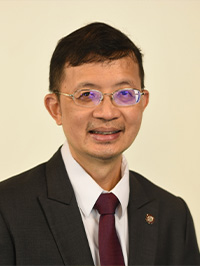
Prof. David Banjerdpongchai
Chulalongkorn University, Thailand
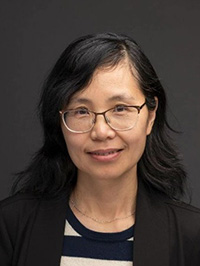
Prof. Lixuan Lu
Ontario Tech University, Canada

Prof. Siti Anom Ahmad
Universiti Putra Malaysia, Malaysia
-
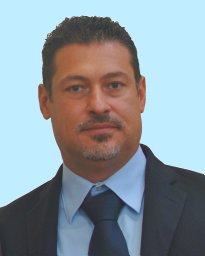
Prof. Giuseppe Carbone
University of Calabria, Italy
-
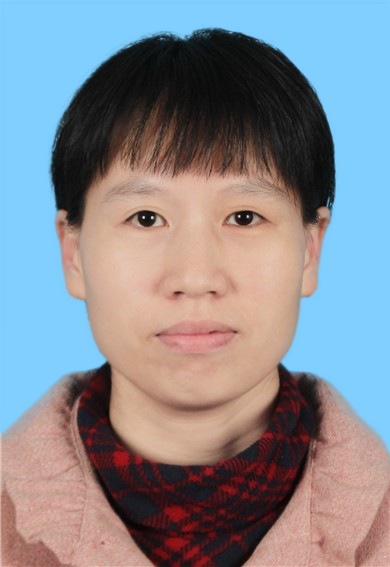
Prof. Jiaxiang Luo
South China University of Technology, China
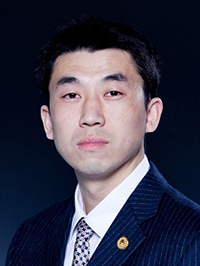
Prof. Zhufeng Shao
Tsinghua University, China
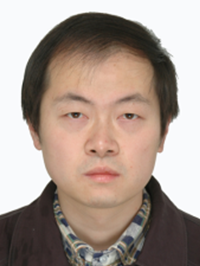
Prof. Yifei Pu
Sichuan University, China
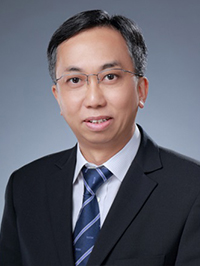
Dr. Simon K.S. Cheung
Open University of Hong Kong, HKSAR, China
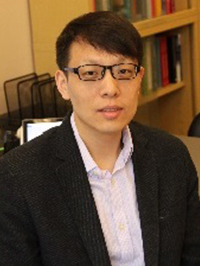
Prof. Wei Zhang
Southern University of Science and Technology, China
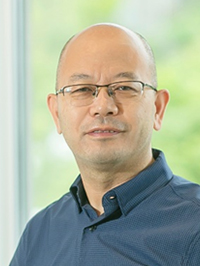
Prof. Hongyu Yu
The Hong Kong University of Science and Technology, Hong Kong, China
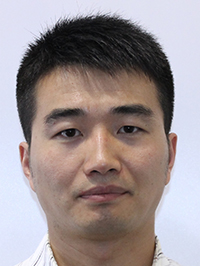
Prof. Bin Li
Sichuan University, China

Dr.Jan Faigl
Czech Technical University in Prague, Czech Republic
Prof. Hongde Qin
Harbin Engineering University, China
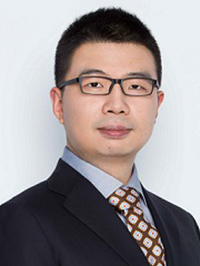
Prof. Ye Yuan
Huazhong University of Science and Technology, China
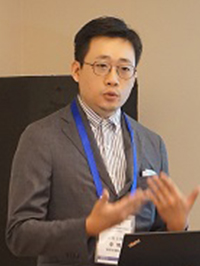
Prof. Bo Li
Xi'an Jiaotong University, China
-
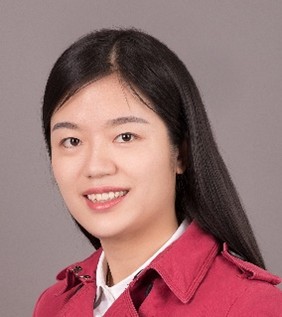
Prof. Jingjing Ji
Huazhong University of Science and Technology, China
-
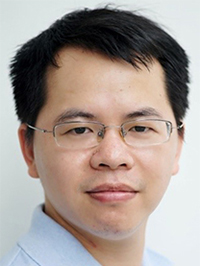
Prof. Zhengkun Yi
Shenzhen Institute of Advanced Technology, Chinese Academy of Sciences, China
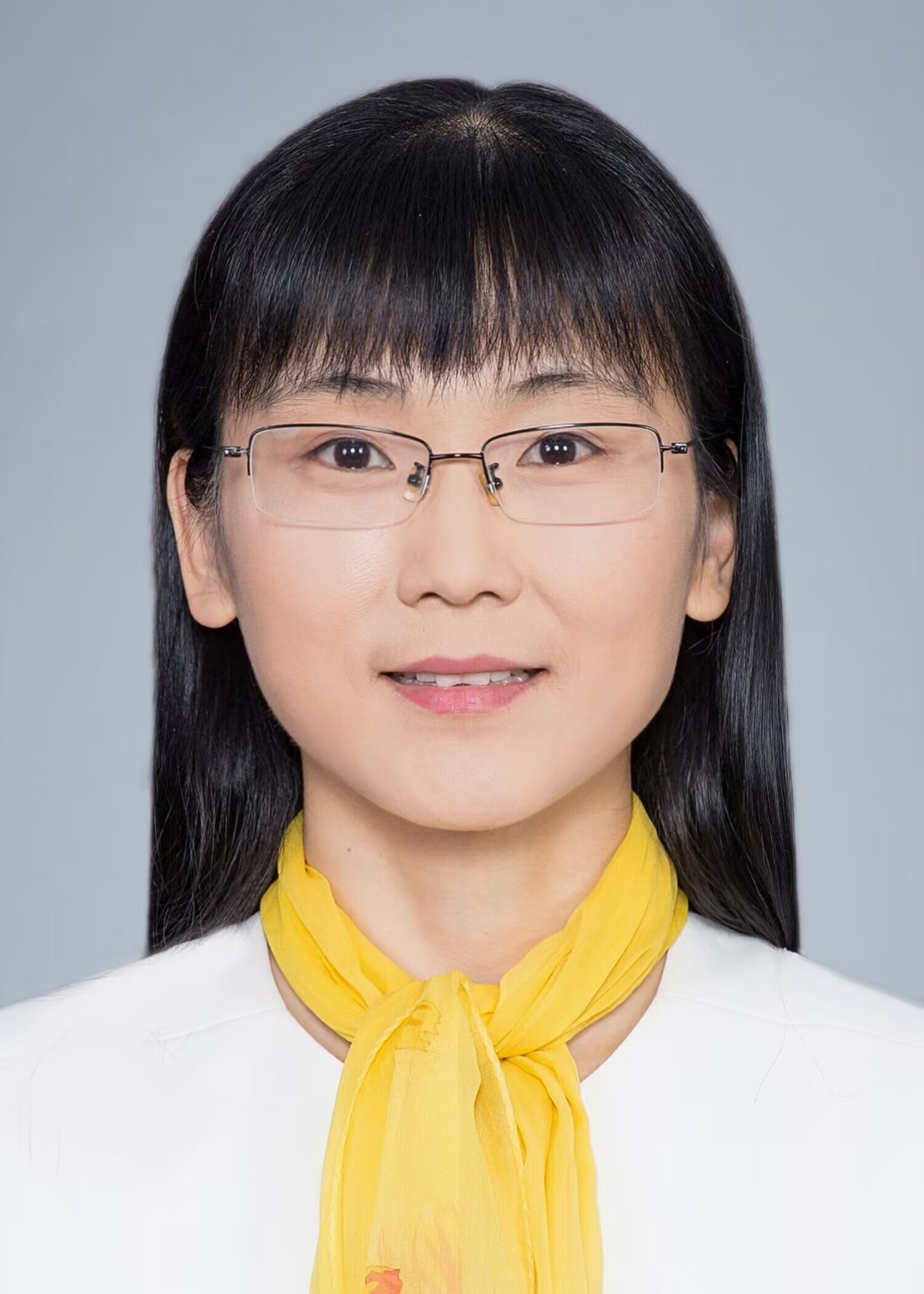
Prof. Chunhui Zhao
Zhejiang University, China

Prof. Wencen Wu
San Jose State University, USA
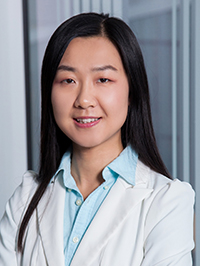
Prof. Fei Miao
University of Connecticut, USA
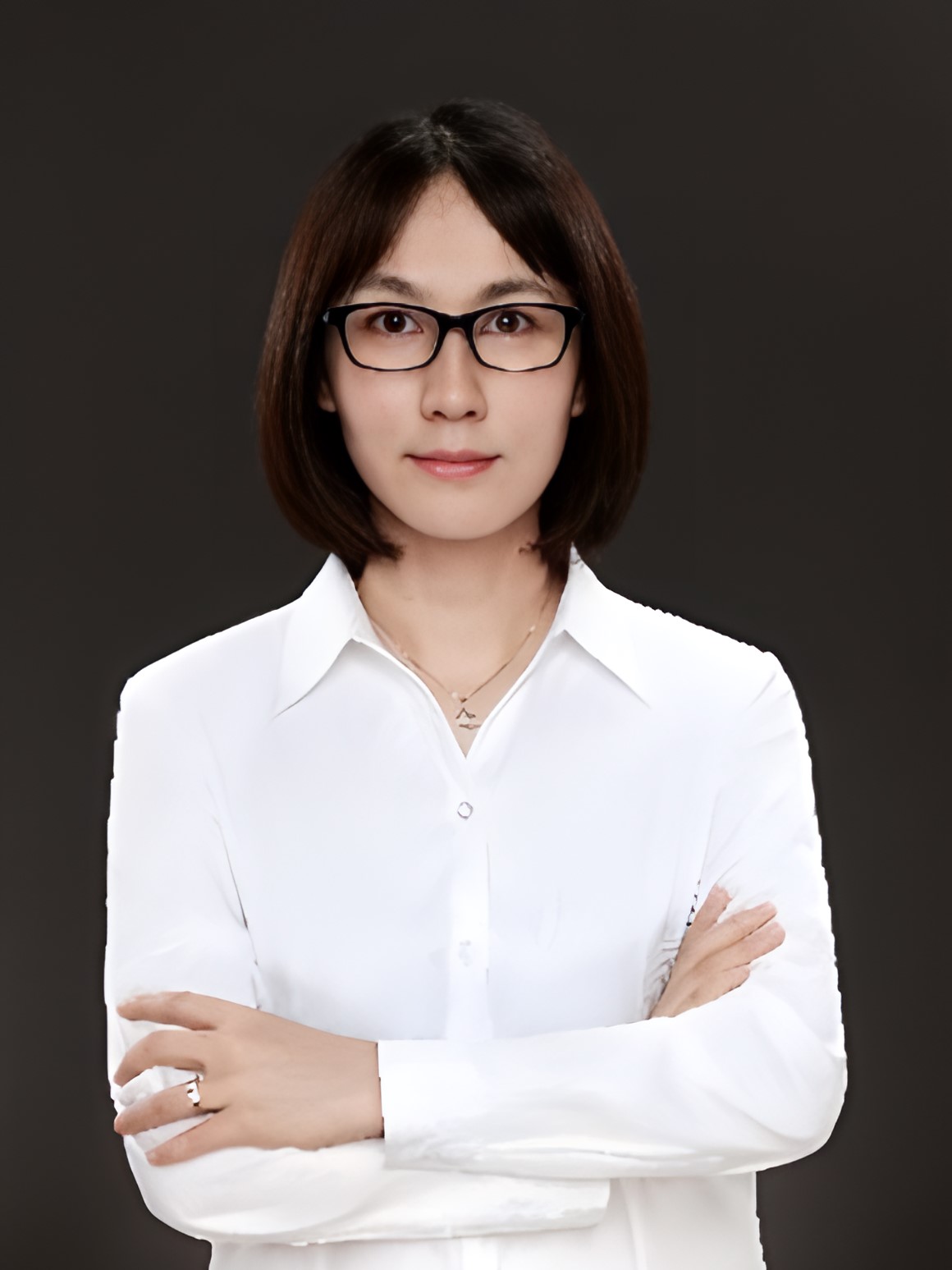
Assoc. Prof. Yue Gao
Shanghai Jiaotong University, China
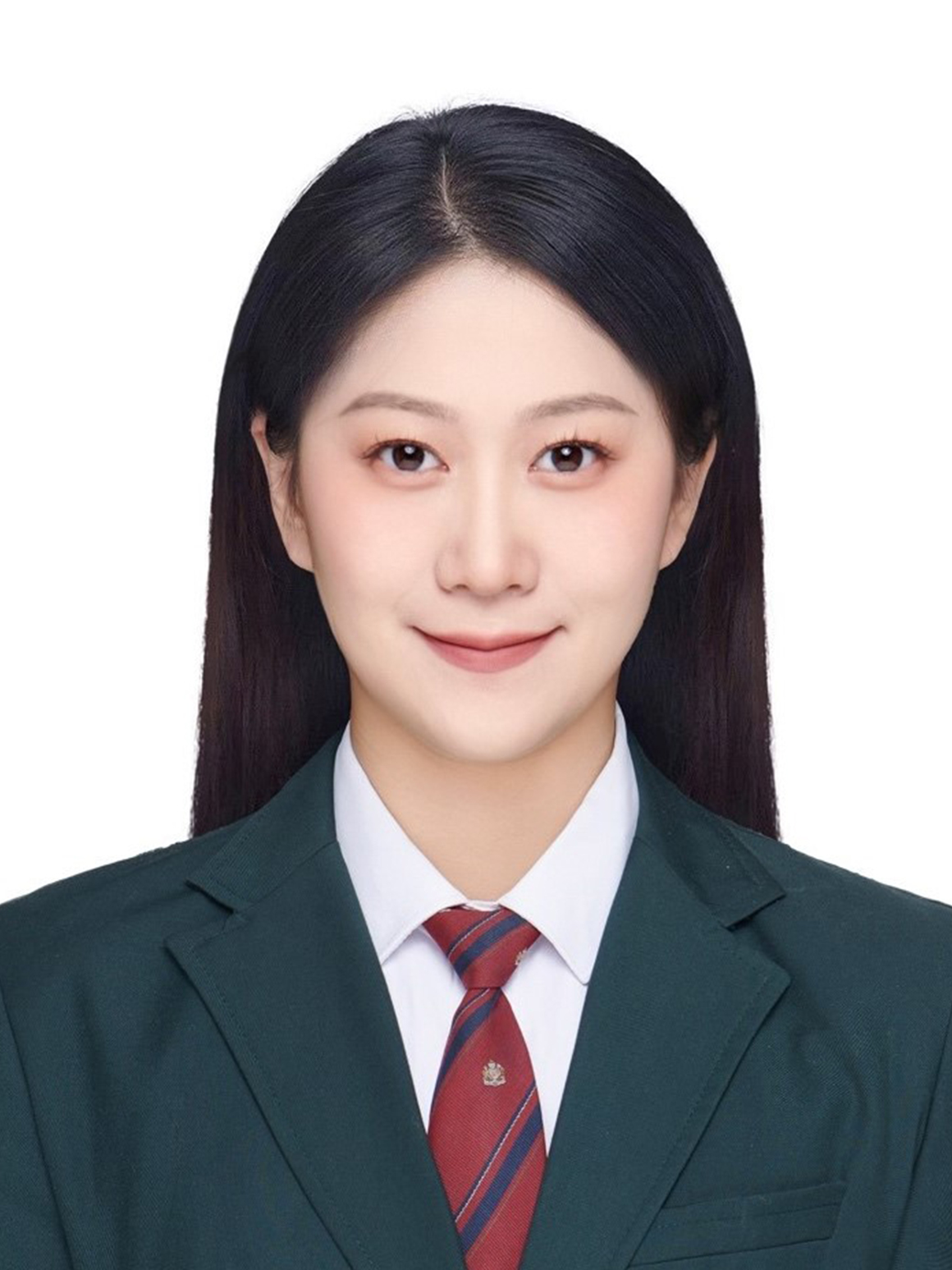
Dr. Yuyang Zhou
Edinburgh Napier University, UK


